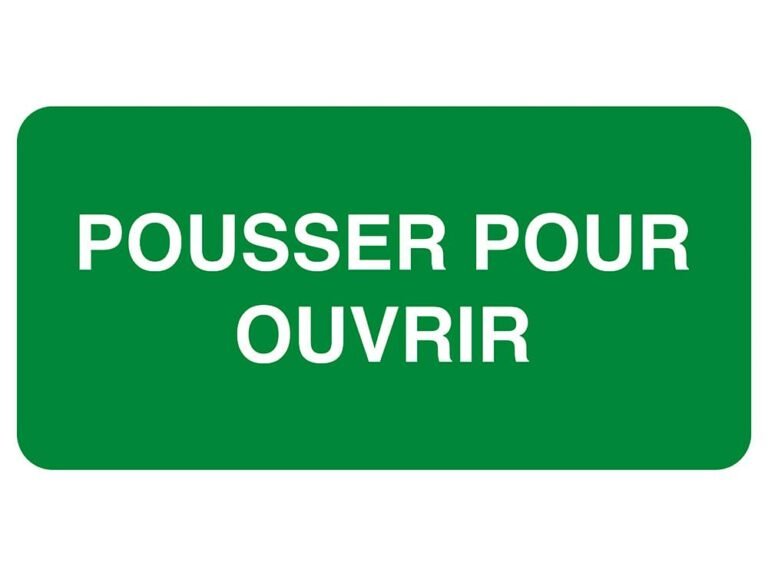achever
Understanding the French Verb “Achever”
The French verb “achever” is a tricky word for English speakers. It looks similar to the English verb “achieve,” but doesn’t mean that. In fact, “achever” is a “false friend,” a word that seems familiar but has a different meaning in French.
The Meaning of “Achever”
In French, “achever” primarily means “to finish” or “to complete” something. It’s used when you want to express that something has been fully completed, not when you want to say that someone has achieved something or reached a goal.
Key Meanings of “Achever”:
- To finish or complete: This is the most common meaning, used for finishing a task, project, or action.
- To end someone’s suffering: “Achever” can also mean “to put an end to,” especially in a context of putting someone or something out of misery, like ending someone’s suffering or killing a wounded animal.
Examples of “Achever” in Use
- To complete a task:
- J’ai achevé mon travail.
“I finished my work.” - Ils ont achevé la construction de la maison.
“They completed the construction of the house.”
- To end suffering (figurative use):
- L’accident l’a achevé.
“The accident finished him off.” - Après l’opération, le patient n’a pas survécu, la maladie l’a achevé.
“After the operation, the patient didn’t survive; the illness finished him off.”
Conjugation
Present Tense Conjugation
In the present tense, “achever” follows the regular conjugation pattern of first-group verbs (ending in -er). Here’s how it’s conjugated:
- j’achève
- tu achèves
- il achève
- nous achevons
- vous achevez
- ils achèvent
Notice that the accent changes from e to è in some forms to maintain pronunciation.
Example Sentences in the Present Tense:
- J’achève ma lecture du livre.
“I am finishing my reading of the book.” - Ils achèvent leur projet aujourd’hui.
“They are completing their project today.”
Passé Composé Conjugation
To form the passé composé, we use the auxiliary verb “avoir” in the present tense, followed by the past participle “achevé.”
Example Sentences in the Passé Composé:
- J’ai achevé mes études universitaires.
“I completed my university studies.” - Ils ont achevé la décoration de la salle.
“They finished decorating the room.”






